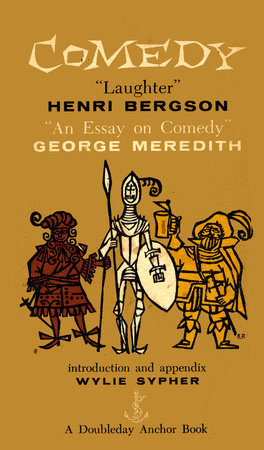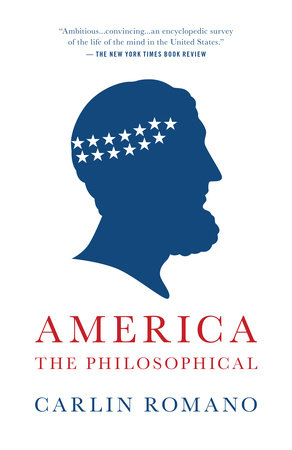

America the Philosophical
By Carlin Romano
By Carlin Romano
By Carlin Romano
By Carlin Romano
Category: Philosophy | U.S. History | World History
Category: Philosophy | U.S. History | World History

-
$18.00
Apr 23, 2013 | ISBN 9780345804709
-
May 22, 2012 | ISBN 9780307958211
YOU MAY ALSO LIKE
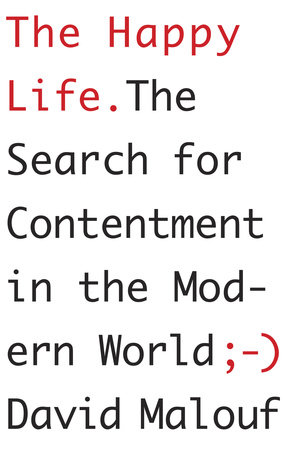
The Happy Life
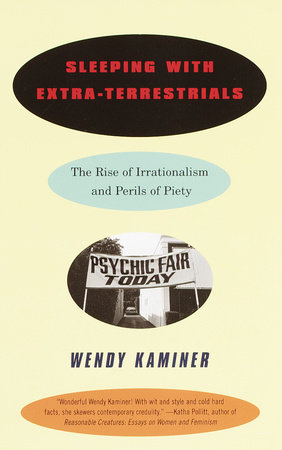
Sleeping With Extra-Terrestrials
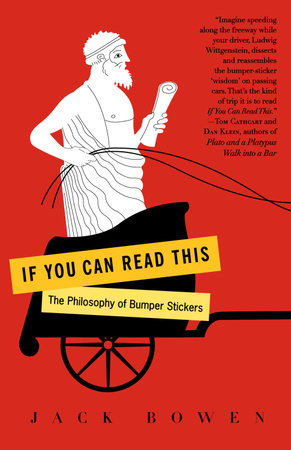
If You Can Read This
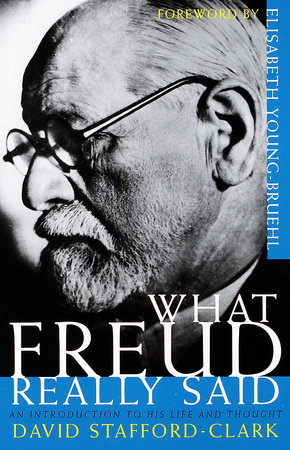
What Freud Really Said
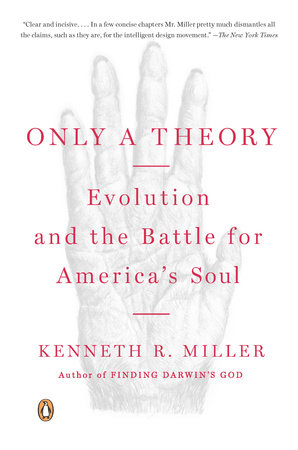
Only a Theory
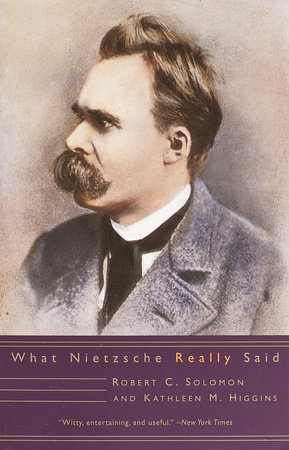
What Nietzsche Really Said
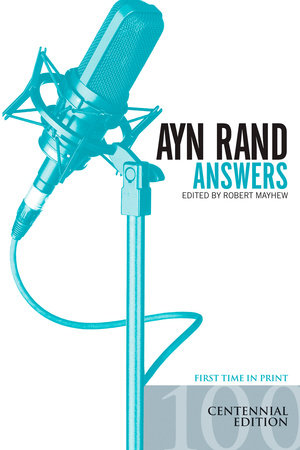
Ayn Rand Answers
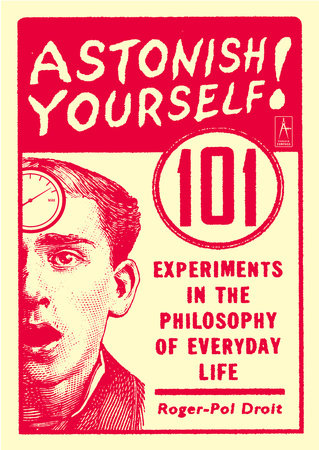
Astonish Yourself
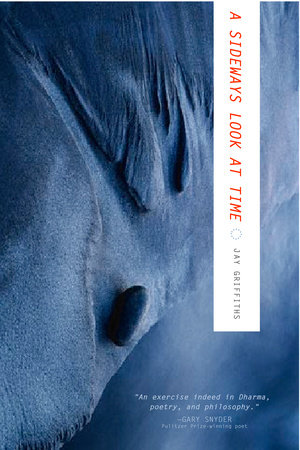
A Sideways Look at Time
Praise
Praise for Carlin Romano’s America the Philosophical:
“Ambitious. . . . Convincing. . . . An encyclopedic survey of the life of the mind in the United States. . . . Romano is enlightening when he analyzes American intellectual life and illustrates its liveliness.”
—The New York Times Book Review
“Is the title a joke? . . . [Romano] argues, brilliantly and at length, that it is not.”
—Harvard Magazine
“A high-speed tour of America’s big thinkers . . . Romano is a cheerful and exuberant guide.”
—The Philadelphia Inquirer
“Genuinely exciting and provocative . . . If Romano wanted to discombobulate the traditional landscape of American philosophy, he achieved his goal.”
—Umberto Eco
“Admirable . . . Romano writes with the snap of a journalist.”
—The Wall Street Journal
“A comprehensive intellectual history from Emerson to Rawls.”
—The New Yorker
“Magisterial.”
—Broad Street Review
“Romano’s remarkable book stands out in terms of ambition, breadth, provocativeness, and, when needed, a delicate touch.”
—Howard Gardner, Hobbs Professor of Cognition and Education, Harvard University, author of Truth, Beauty and Goodness Reframed
“Stimulating . . . graceful . . . exuberant . . . succeeds in filling one’s mind with the excitement of ideas duking it out.”
—Seattle Times
“Both scholarly and entertaining—learned and stimulating—to an equal and extraordinary degree. America the Philosophical is one of the books of the year . . . A hugely enlightening compendium of intellectual heresy.”
—The Buffalo News
“In an age when many debates are high-pitched screeds, how counterintuitive it is to argue that American philosophical thought is booming. But that’s trademark Romano . . . Romano turns his subject into a narrative of people brought together by their love of ideas.”
—Chicago Tribune
“Romano’s grip on his subject is fierce. . . . A tour de force—encyclopedic, entertaining and enlightening.”
—Kirkus Reviews (starred review)
“With illuminating anecdotes and an addictive prose style, Romano renders complex ideas lucid without sacrificing depth of understanding or his splendid sense of humor . . . breathtaking intellectual range and passion.”
—Publishers Weekly (starred review)
“Part love letter, part hand grenade, Romano’s commentary is sure to delight and infuriate in a way that will underscore its thesis.”
—Booklist
“Romano writes so well and unrolls his knowledge in such an unthreatening way that before you know it, you will be thinking philosophically yourself.”
—Philip Seib, Director of the Center for Public Diplomacy, University of Southern California
“Romano offers a smart, sophisticated and counter-intuitive comparison of European and American culture. His language is rich and textured, but also contemporary and wry.”
—Dallas Morning News
“Romano’s voracious intellectual curiosity is impressive—America the Philosophical is dense with amusing anecdotes.”
—The Daily
21 Books You’ve Been Meaning to Read
Just for joining you’ll get personalized recommendations on your dashboard daily and features only for members.
Find Out More Join Now Sign In







